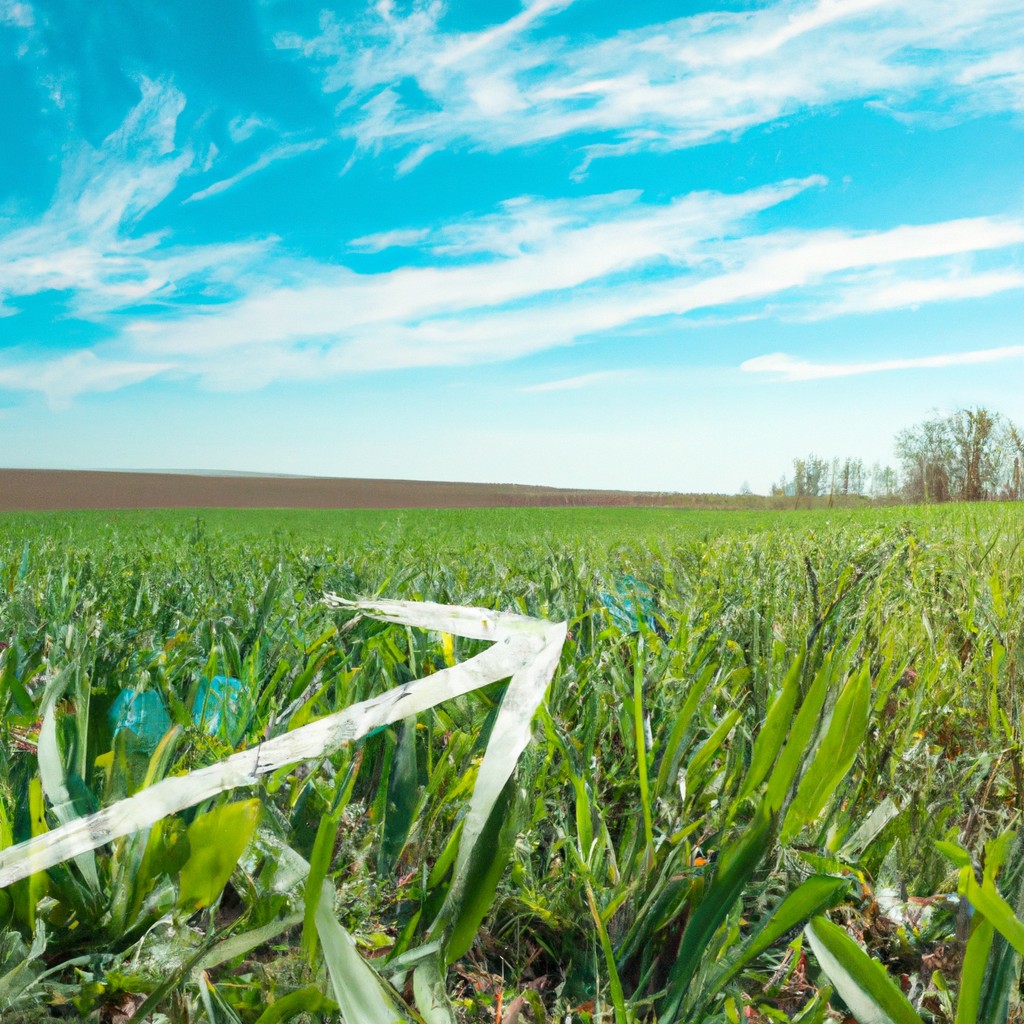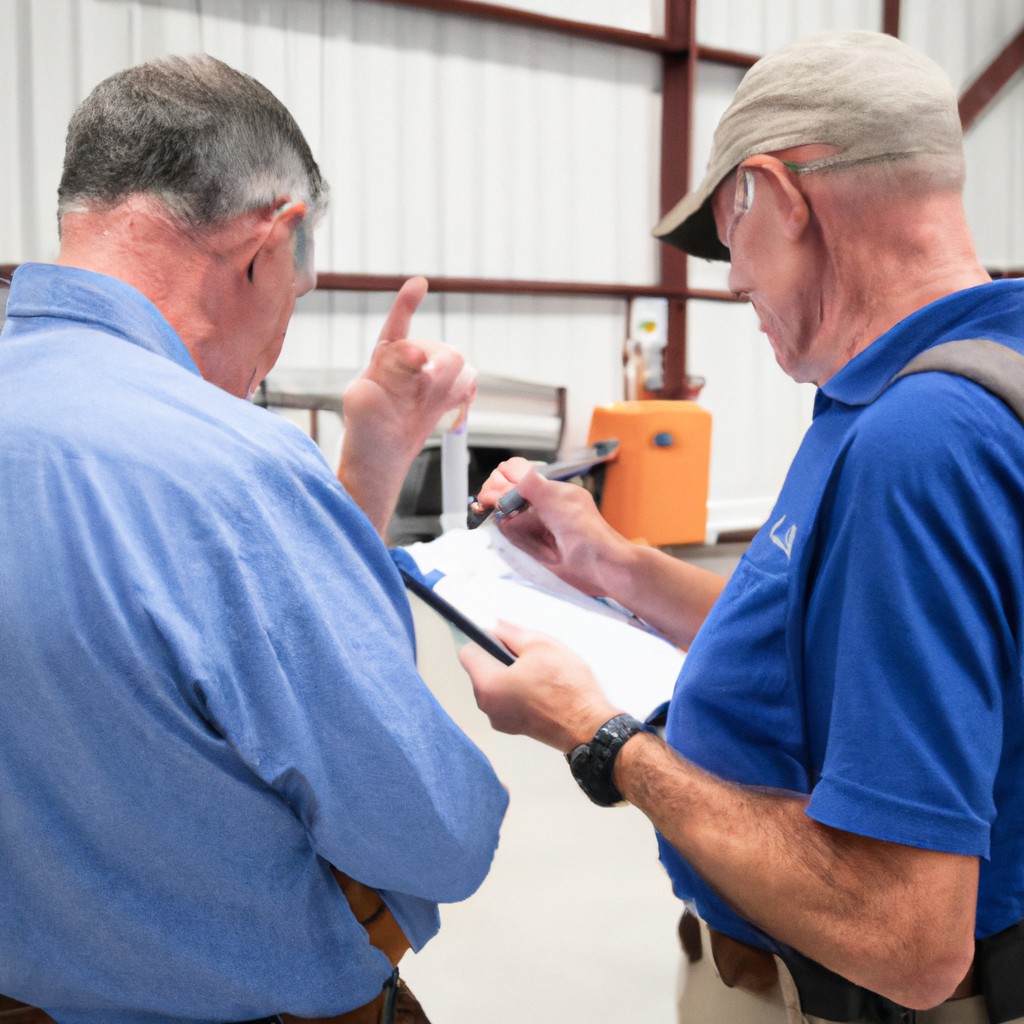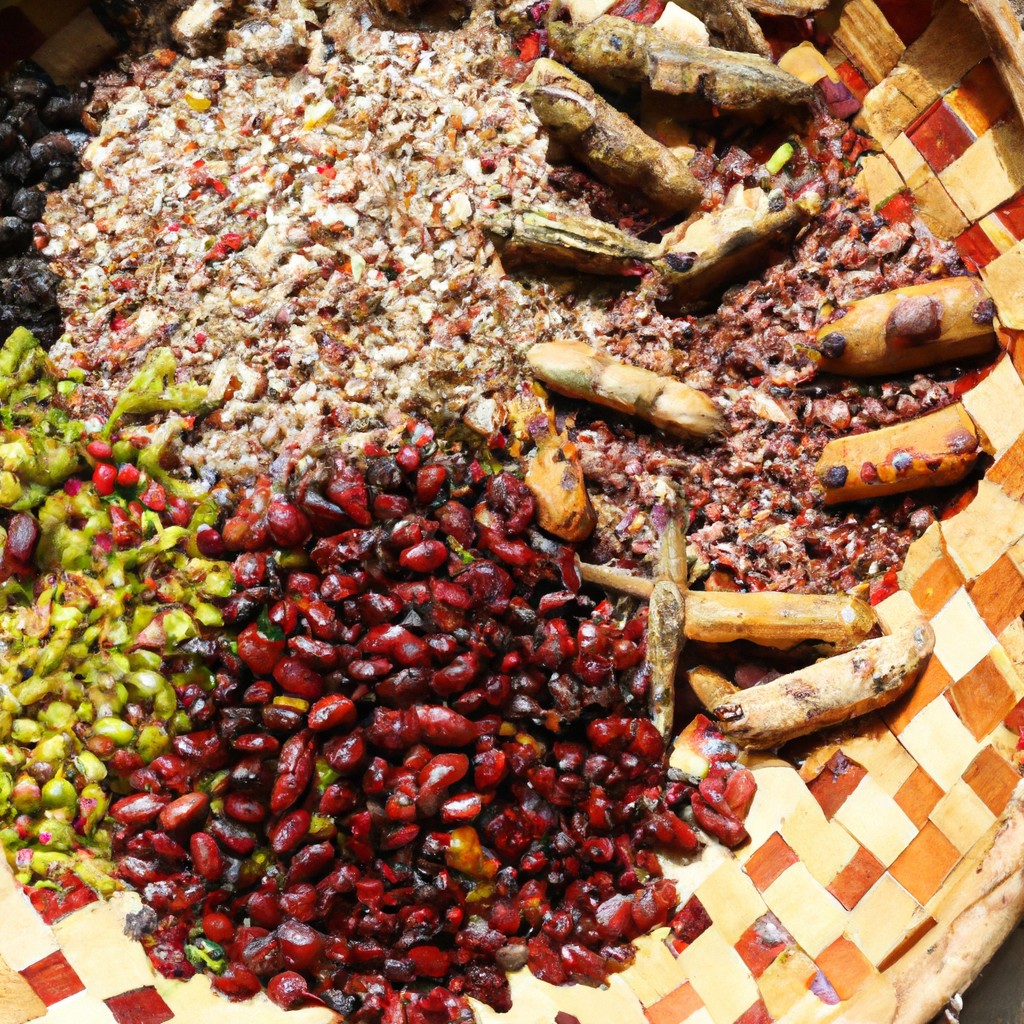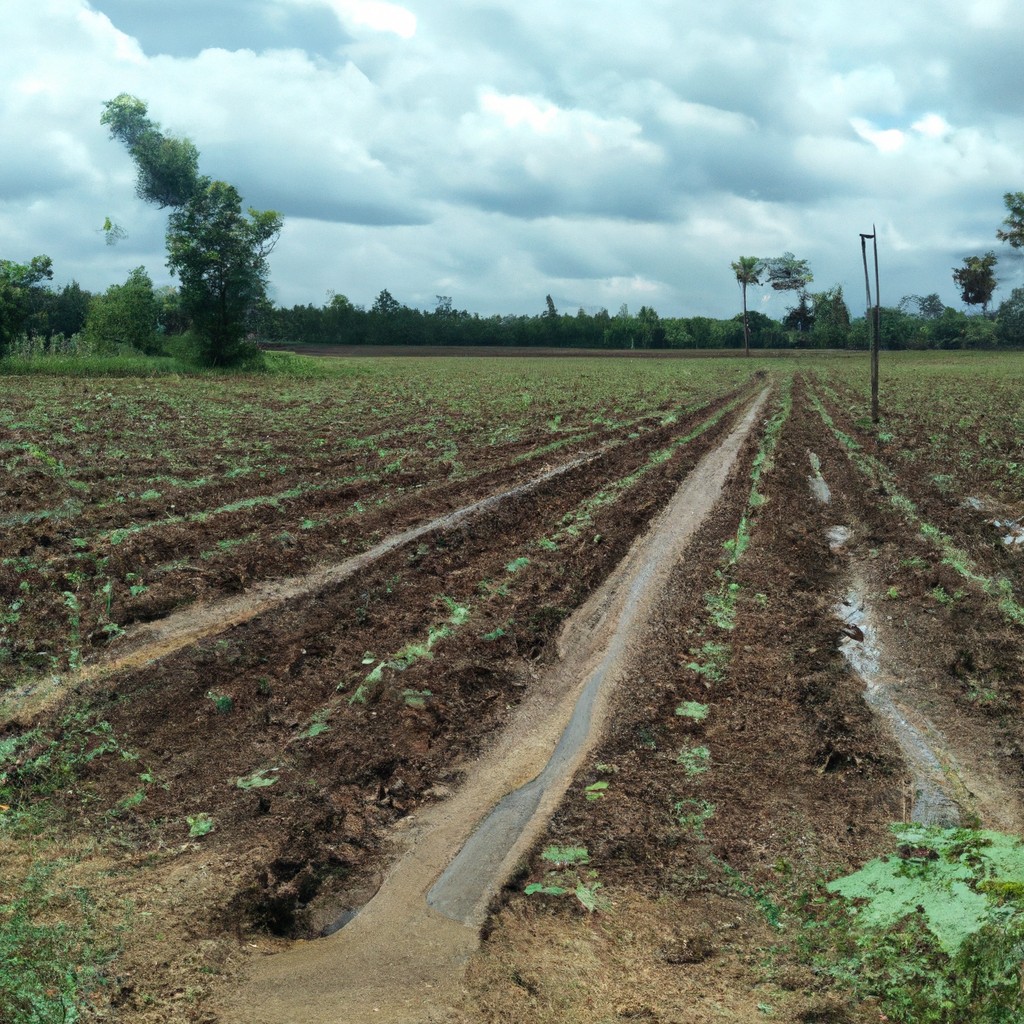This article provides insights on how an online agriculture degree can equip you with the knowledge and skills to thrive in modern farming practices.
Look Inside:
Program Details

Embarking on an online agriculture degree offers flexibility to study from anywhere with an internet connection. Think of it as your farm of knowledge – you can cultivate your education without uprooting your life. Courses typically cover agronomy, plant science, animal science, agribusiness management, and sustainable agricultural practices.
Programs often blend theory with practical application, ensuring graduates are equipped to tackle today’s farming challenges. For those with a green thumb for technology, precision agriculture classes explore how digital tools can optimize farm management. Interactive modules, discussion forums, and virtual labs simulate a vibrant classroom environment.
Part-time and full-time enrollment options cater to different schedules, allowing for a balance between work, family, and education. Furthermore, credit for prior learning or work experience can accelerate progress toward completion.
While students gain expertise in horticulture and livestock management, the importance of ecological stewardship is emphasized. Graduates are primed not just to work in farming, but to lead the march towards more sustainable practices, impacting the food systems of tomorrow.
Core Curriculum
Embarking on an online agriculture degree means diving into a series of courses that form the backbone of your learning adventure. You’ll get your hands dirty, figuratively speaking, with subjects like soil science, exploring the intricacies of what’s underfoot and how it affects crop growth.
Plant pathology comes next, spilling the beans on plant diseases and how to outsmart those pesky pathogens. Crop production is not left out; it’s where you learn the A to Z of growing food efficiently and sustainably.
Animal science isn’t just for the birds; you’ll study livestock management and how to keep farm animals thriving. Agricultural economics takes you past the barn and into the boardroom, giving you the tools for a keen insight into the business side of farming.
Sustainable agriculture practices are the cream of the crop in your coursework, teaching you farming methods that don’t just harvest a profit but preserve resources for future generations.
These classes serve as your compass in the field of agriculture, guiding you through an educational journey that’s as diverse as a thriving farm ecosystem.
Scholarships and Financial Aid
Diving into an online agriculture degree doesn’t mean you have to plow through your savings. A variety of scholarships are ripe for the picking, designed specifically with green-thumbed scholars in mind. From organizations passionate about sustainable agriculture to agricultural companies investing in the future of farming, these pockets of financial support could mean the difference between a seedling of an idea and a full-grown career.
To break new ground without breaking the bank, federal financial aid is available for those who qualify. Fill out a Free Application for Federal Student Aid (FAFSA) to find out if you’re eligible for grants, loans, and work-study programs. It’s like fishing for funds – you might reel in more than you think.
Don’t overlook your own backyard. Local community groups, co-ops, and agricultural businesses often offer scholarships to students with roots in the community. A conversation with your local farm bureau could plant the seed for future funding.
As you leaf through options, keep your eyes peeled for assistantships or fellowships. These roles typically involve research or teaching responsibilities and come with tuition waivers or stipends. It’s like tilling the soil and growing your experience simultaneously.
Remember, early birds get the worm. Keep track of application deadlines to maximize your chances of harvesting some financial help. Just like a well-timed harvest, timing is everything when it comes to securing funds for your education.
Career Possibilities and Current Median Salaries
After unlocking the door to a wealth of knowledge with an online agriculture degree, graduates find themselves stepping into a field ripe with opportunities. Picture a career where each day brings a fresh challenge; where you could be knee-deep in soil one moment and analyzing market trends the next.
Those with a passion for nurturing the earth may bloom as farm managers, where the median salary hovers around $69,620. This role demands a blend of practical know-how and strategic thinking—after all, you’re the captain steering the ship through both calm and stormy economic seas.
For individuals with a penchant for science and innovation, agronomist positions are increasingly in demand. With a median paycheck of $63,200, agronomists are the detectives of the farming world, dissecting and understanding the clues left by plants, soils, and climates to boost agricultural efficiency.
Marketing mavens who thrive on the hustle and bustle may find their niche in agricultural sales, connecting the dots between products and buyers to the sweet tune of approximately $61,270 per year. It’s a role that asks for the charm of a negotiator and the acumen of a marketer.
Let’s not forget about sustainability consultants in the agriculture sector. As stewards of the land, they champion green practices and help farms transition to more sustainable operations. With climate change concerns, these eco-warriors can expect to see a median annual wage of $67,040.
Each of these career paths demonstrates that an online agriculture degree can plant the seeds for a prosperous future. Whether you’re looking to become the guardian of the grain or the hero of horticulture, the salaries in this field are as fertile as the ground waiting to be sown.
Admission Requirements
If you’re eager to dig into the soil of knowledge with an online agriculture degree, rolling up your sleeves and meeting the entry criteria is your starting point. Typically, you’ll need a high school diploma or GED with a satisfactory GPA. Don’t let the fear of math and science get your goat; most programs expect you to have a solid foundation in these subjects from high school.
Letters of recommendation can act like watering cans, helping your application grow stronger. Think of former teachers or employers who’d vouch for your work ethic and passion. And don’t forget the personal statement – it’s your chance to plant the seeds of interest about your connection to agriculture.
Some programs may test the waters with an interview, so be ready to talk shop about why you’re ripe for the agricultural field. Lastly, international students will need to demonstrate proficiency in English, which is often a TOEFL or IELTS score.
Remember, each institution has its own set of rules and requirements, so it’s like comparing apples and oranges. Always check the specifics with the university to which you’re applying.




